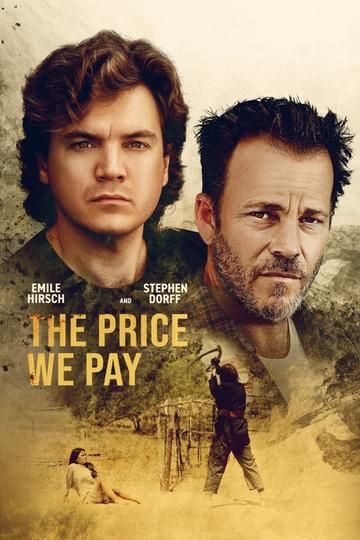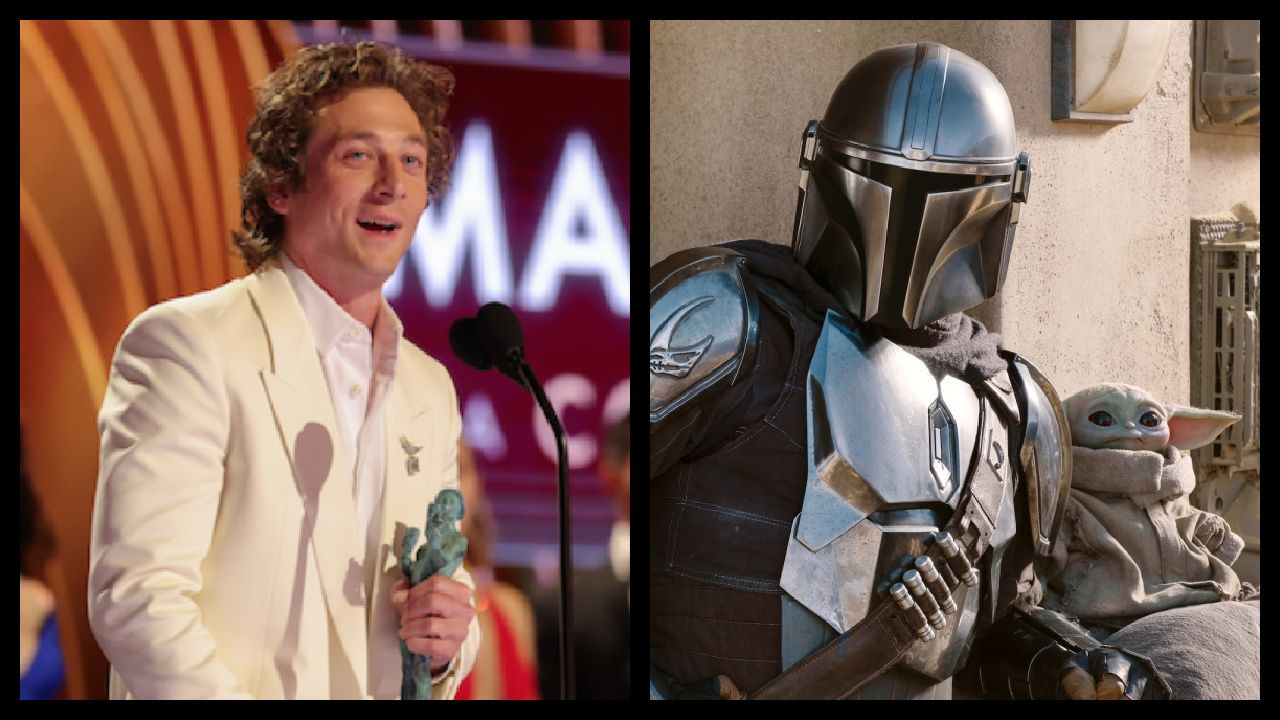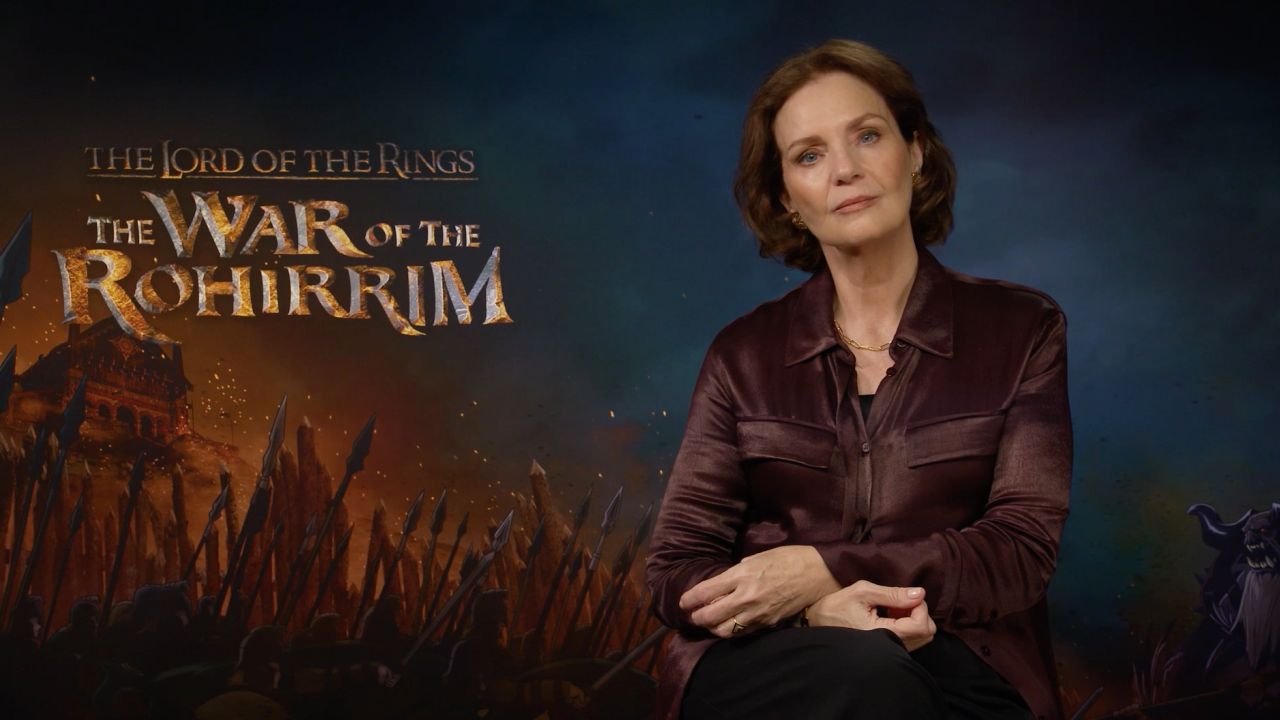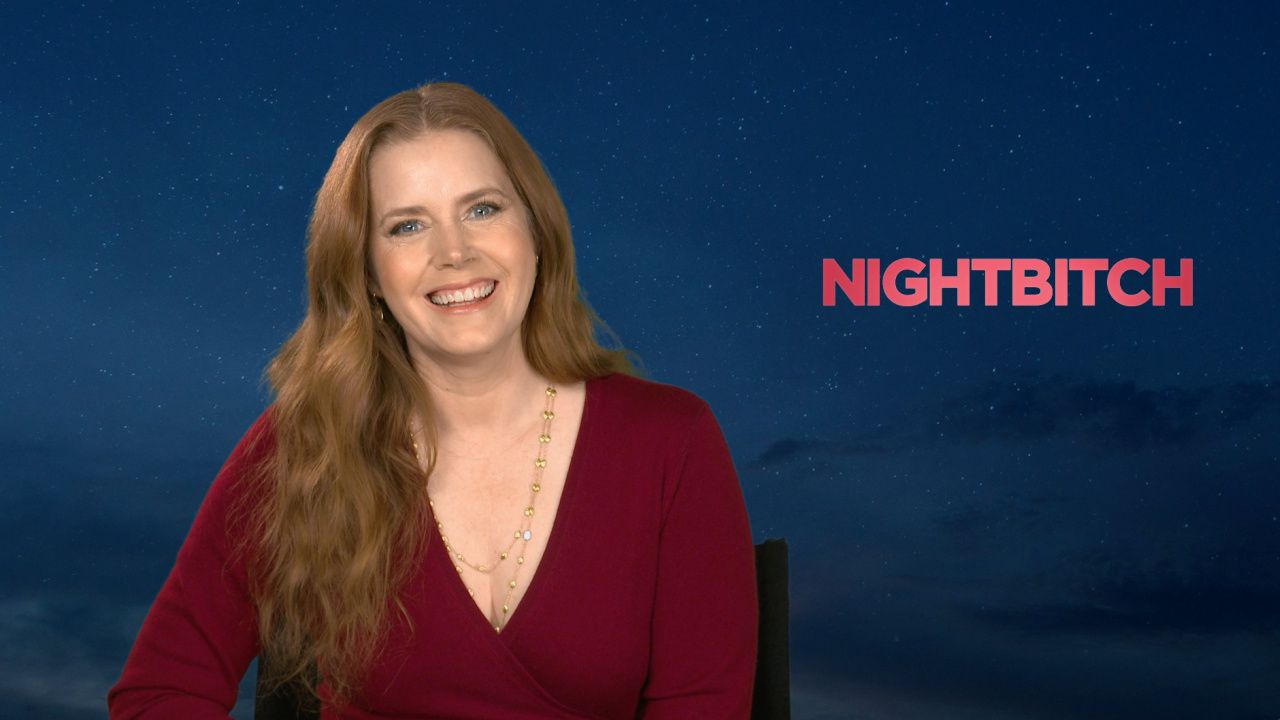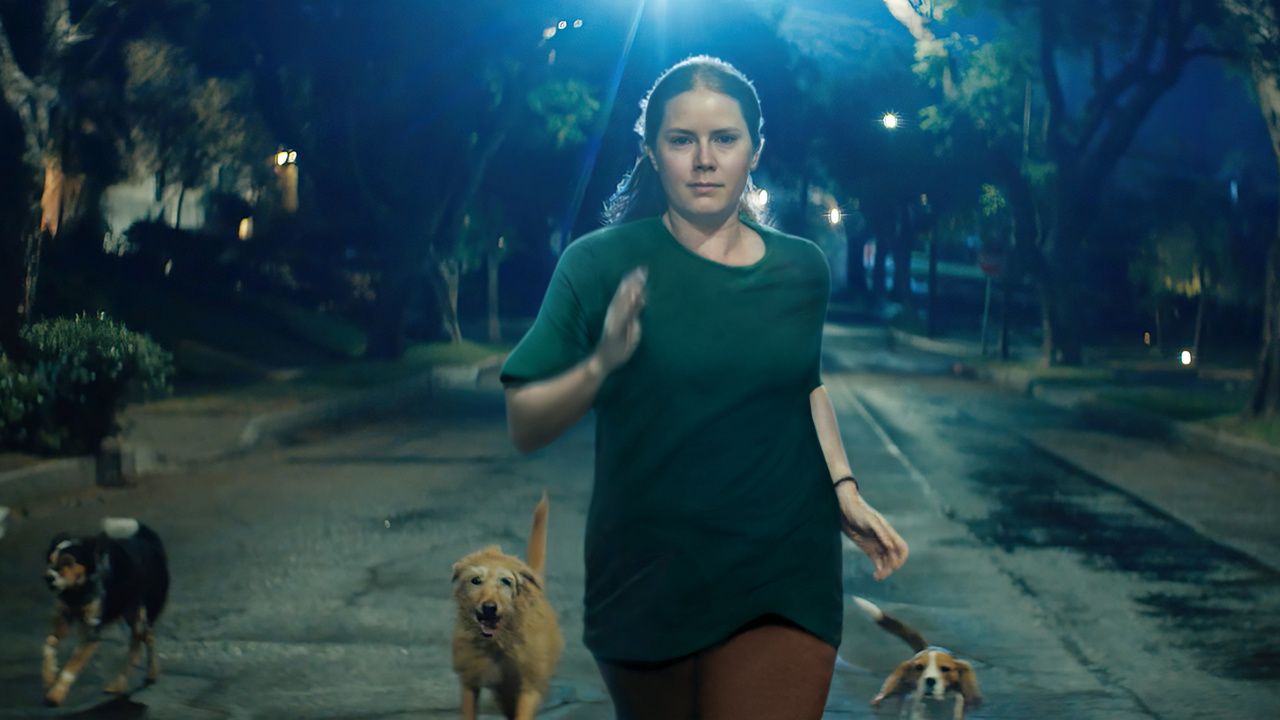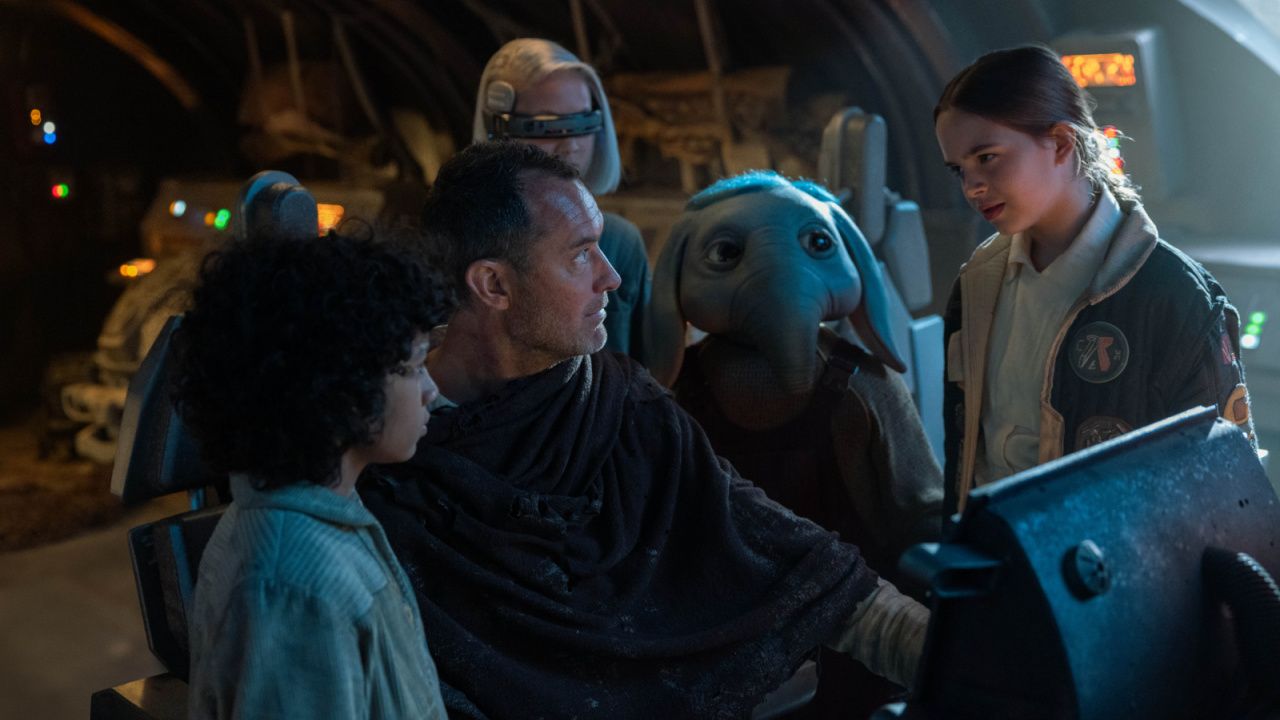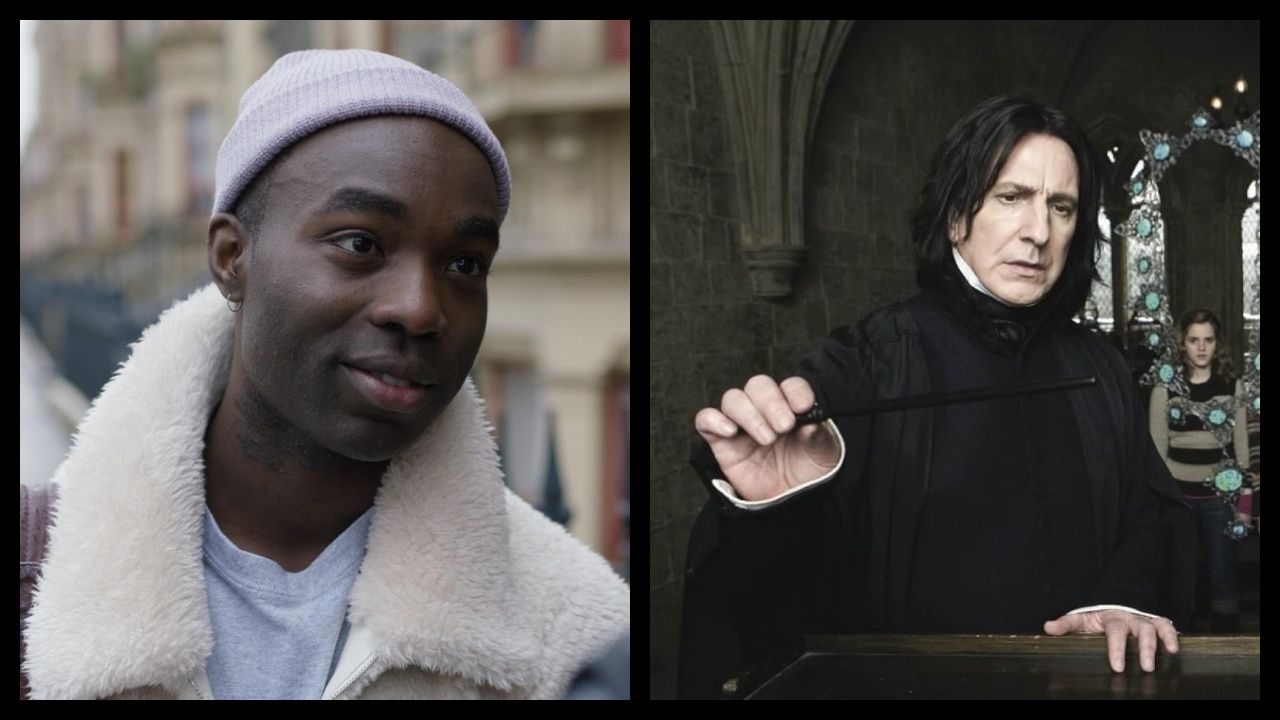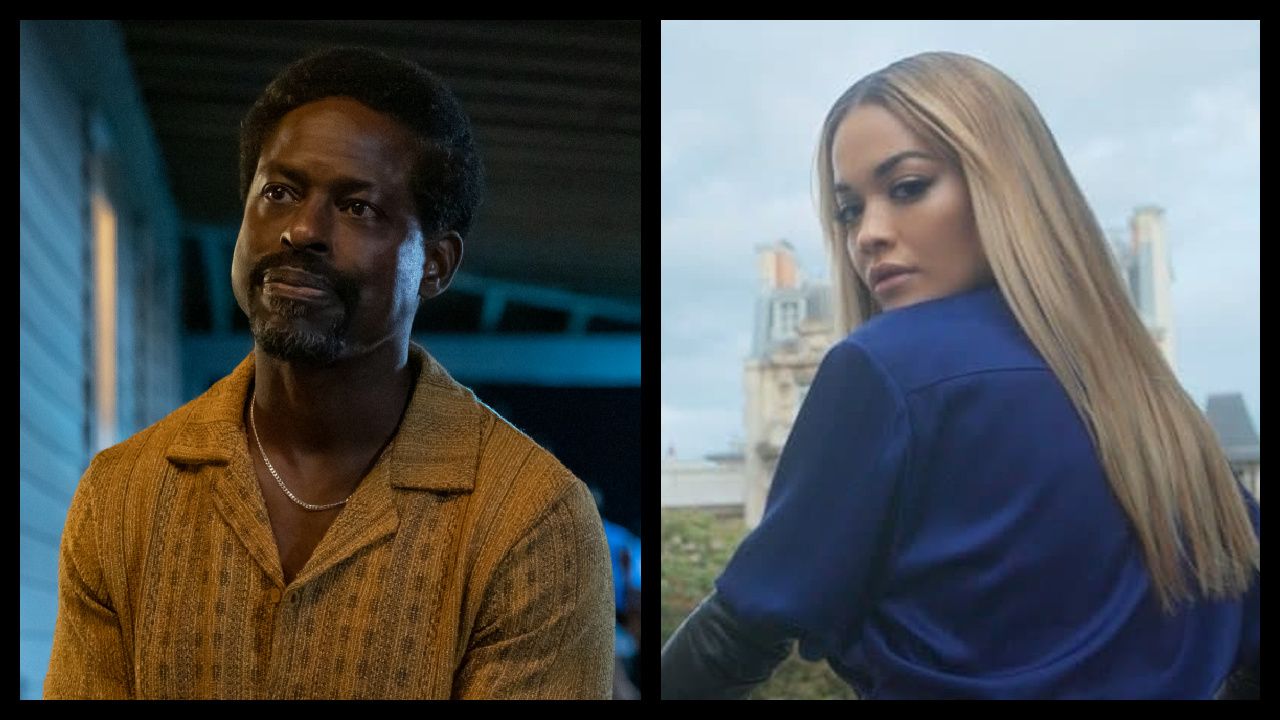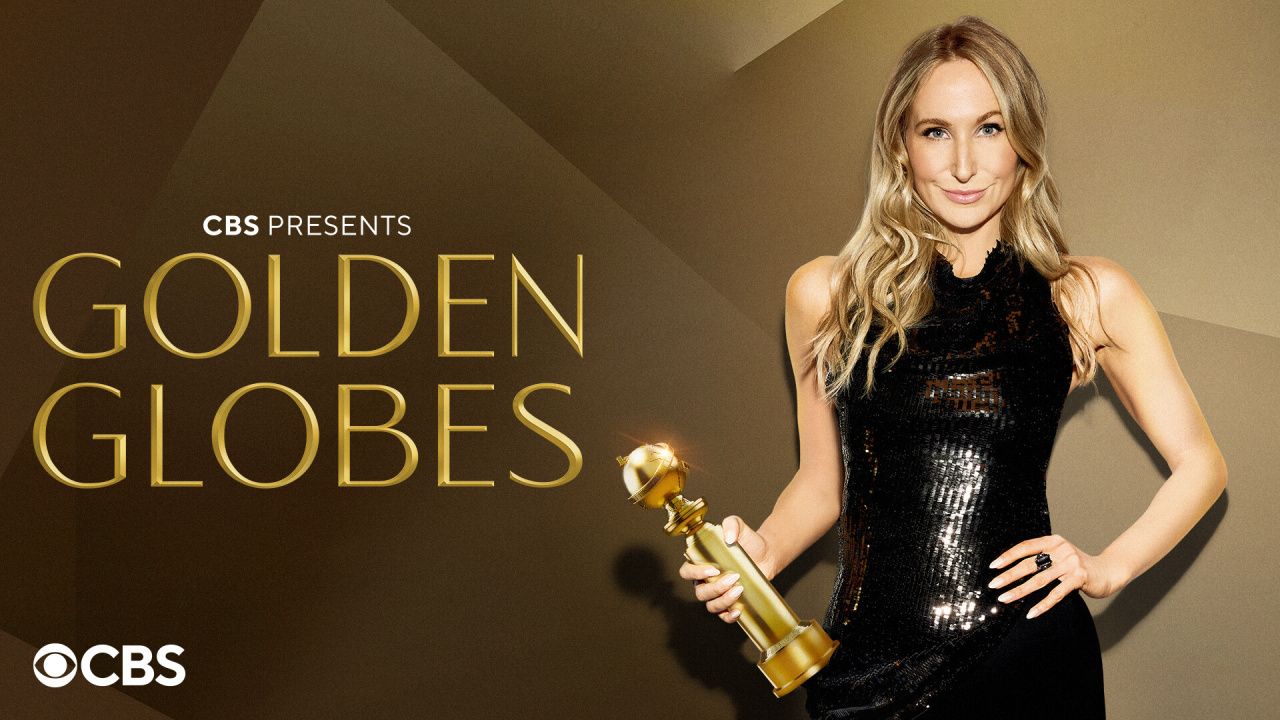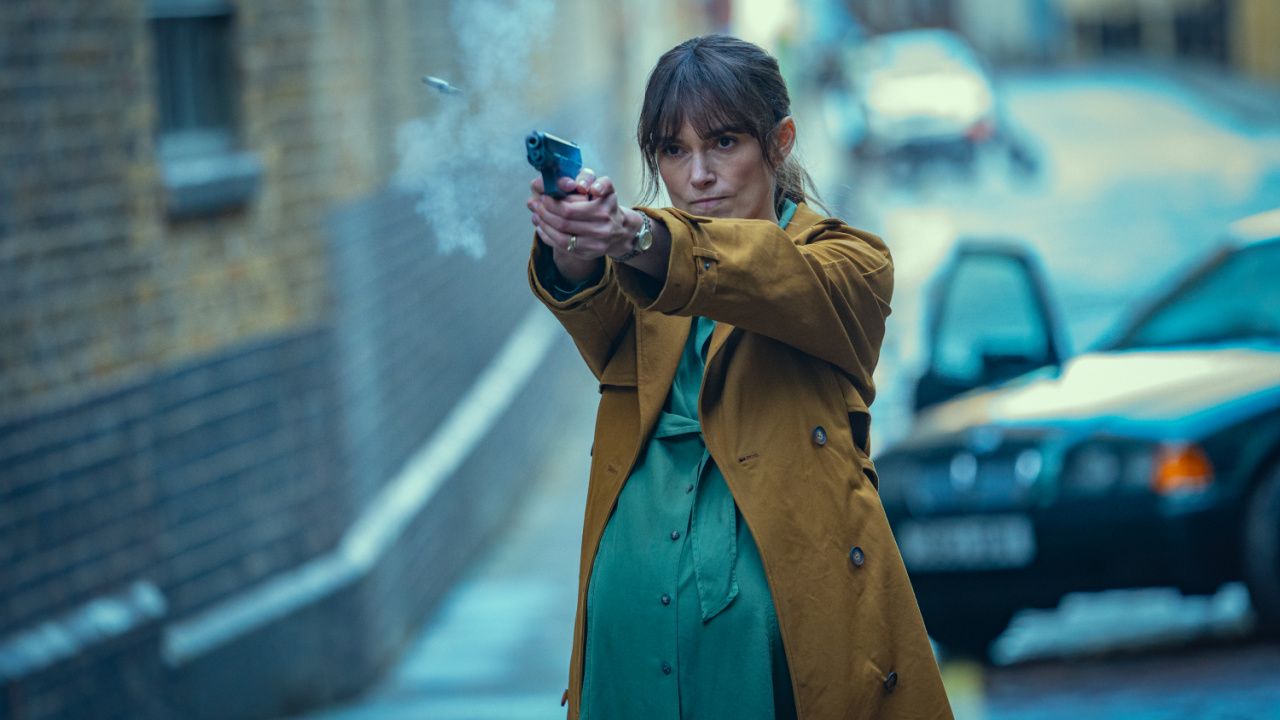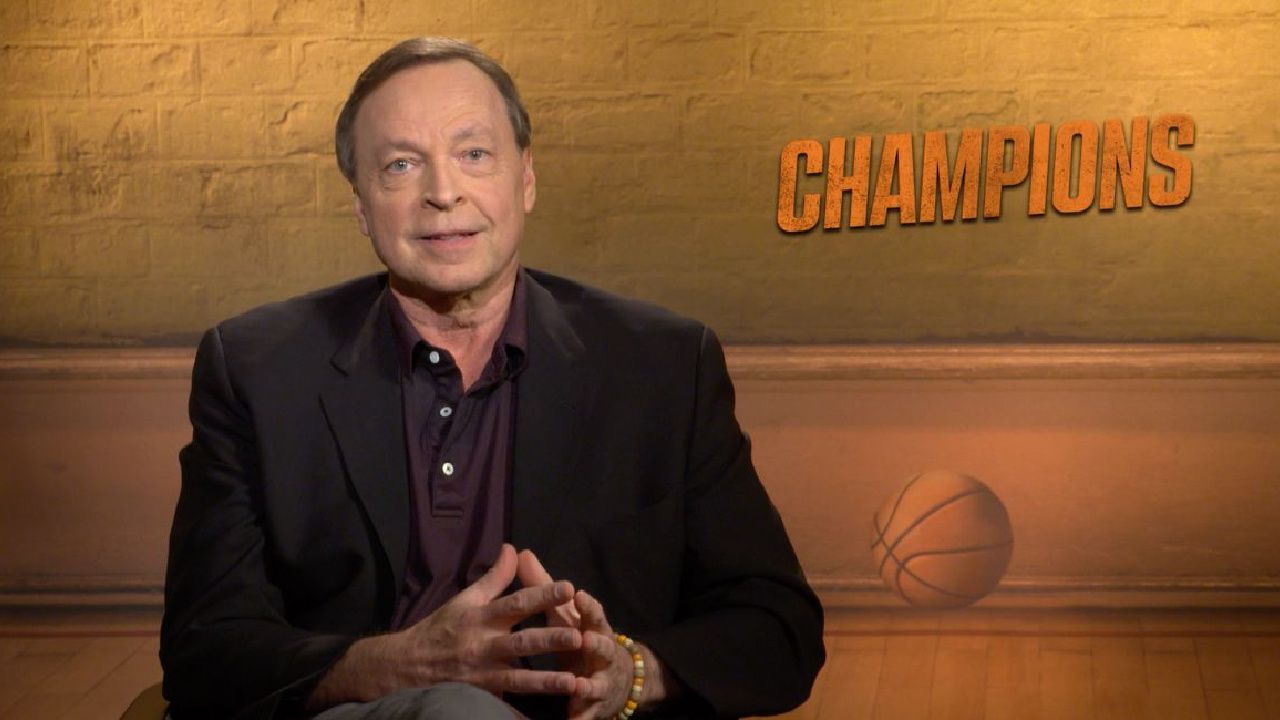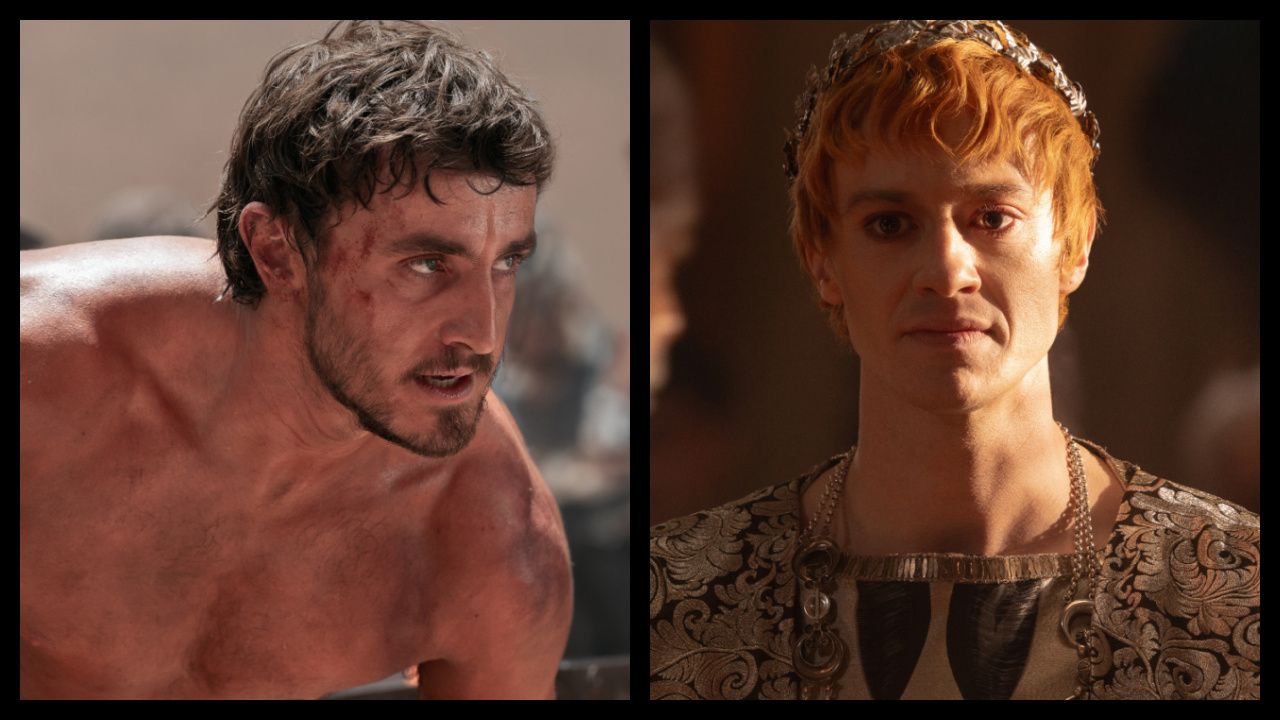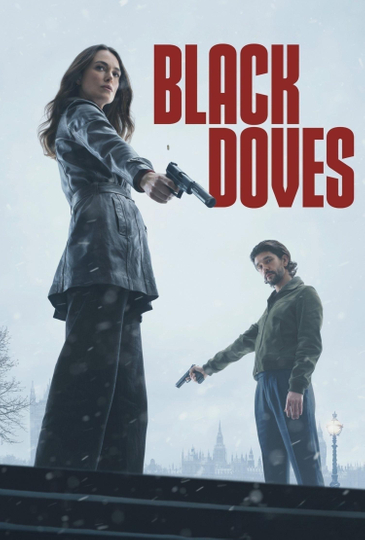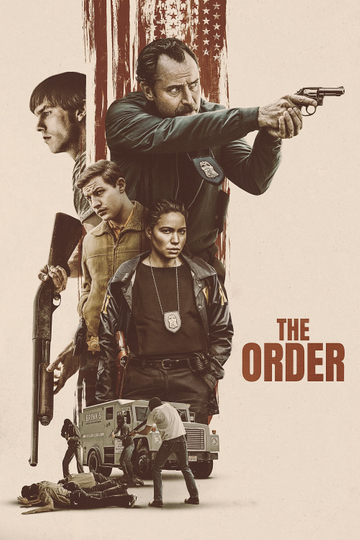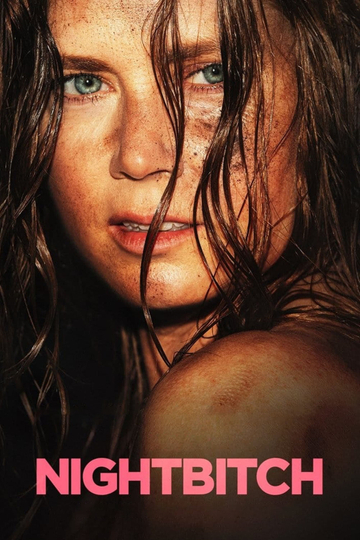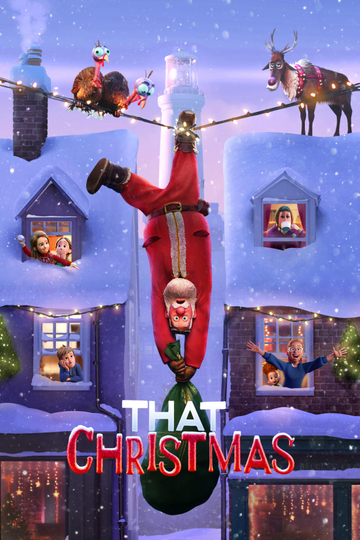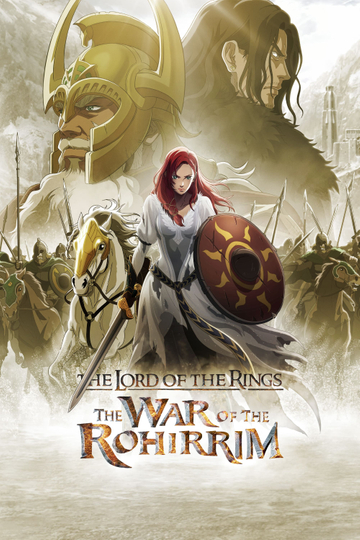Emile Hirsch Talks 'The Price We Pay' and Working with Stephen Dorff
Moviefone speaks with Emile Hirsch about 'The Price We Pay.' "I'm only looking for a good movie and a good performance. However we get there doesn't matter," he said.
Opening in theaters select theaters on January 13th and VOD on January 10th is the new horror thriller ‘The Price We Pay,’ from writer and director Ryûhei Kitamura (‘The Midnight Meat Train’).
The movie stars Stephen Dorff ('Blade,' 'True Detective') and Emilie Hirsch ('Speed Racer,' 'Into the Wild') as Cody and Alex, respectively, who after a robbery gone wrong, abduct a hostage named Grace (Gigi Zumbado). However, when they decide to hide on a remote farm, they discover a secret horror and becoming victims themselves.
Moviefone recently had the pleasure of speaking with Emile Hirsch about his work on ‘The Price We Pay,’ it’s unusual genre, creating his character, the challenges of acting tortured, reuniting with Stephen Dorff, and working with director Ryûhei Kitamura.
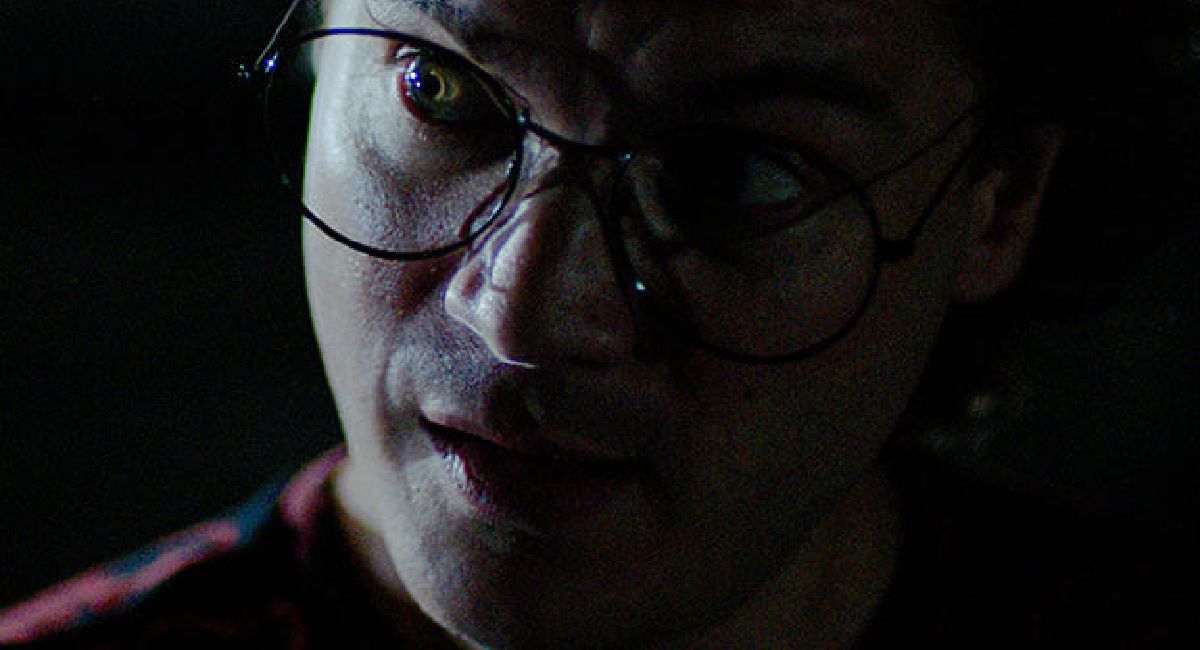
Emile Hirsch in 'The Price We Pay.'
You can read our full interview below or click on the video player above to watch our interview with Emile Hirsch about ‘The Price We Pay.’
Moviefone: To begin with, ‘The Price We Pay’ starts off as a heist film and quickly becomes a very dark horror movie. Can you talk about the genre-flipping aspects of the screenplay and is that what attracted you to this project?
Emile Hirsch: Well, the initial thing that attracted me to the film was the chance to get to work with Ryûhei Kitamura. I watched his film, ‘Versus.’ The producer, Robert Dean, contacted me and he said, "Watch this movie. I'm going to do this movie with this Japanese director." ‘Versus’ just had an energy and kind of a movement to it. It's like cult classic now that Ryûhei shot in Japan.
I loved it and I knew that he would make something different from this. This film has echoes of a lot of different movies and our goal was to give our own spin, and our own unique take on it. As far as the genre shifting, for me, I liked it because the first part, it almost has a '90s, Quentin Tarantino kind of feel to it. Mobsters being bad, giving witty quips to each other, and really just being total and utter scumbags.
So as an audience member, I think it's one of those things where you buildup strong opinions about some of these characters. My character in particular, he might be amusing to you, but you don't like the guy. So, when the genre shifts and you realize that it's like that animated fish analogy, where there's one fish and then the bigger fish comes and eats it, after it eats a little fish. It's kind of like that.
I think part of what's satisfying about that shift from the first act to the second act is because we're so in control, it's almost more satisfying when you see the genre shift because suddenly they have nothing to say. They have absolutely no cool talk to say because they're totally screwed. You see that these other villains are even worse than they are. They're not talking like they're in ‘Goodfellas’ or something. They're just executing their plan.
So, it's a genre shift that I think doesn't weaken the film. It makes it oddly more satisfying because you think that these guys are starring in their own movie. You know how there's guys that the way they act, it seems like they're starring in their own movie? Then suddenly it's like, nope, you're starring in these other guys' movie. You guys are just on the chopping block!
MF: Your character is very smart, sarcastic, and at times really funny. Was he written on the page exactly like that, or did you bring a lot of your own sensibilities to the role?
EH: I think that the writer, Christopher Jolley, wrote a really great script and the director, he is very collaborative. So, I could have ideas here and there, but as far as what was written, I consider myself first and foremost an actor and it's all a collaborative part of the process. We were able to rapidly change things around as we saw. So, very early on I went to Ryûhei and I said, "I think it'd be cool if Alex, if he has a pair of dice."
It almost reminded me of Humphrey Bogart in ‘The Caine Mutiny.’ You remember that, where Humphrey Bogart has these metal balls that he's constantly swirling in his hands. I said, "It'd be kind of cool if Alex had something like that, that he refers to, it's almost like a magic eight ball that he has where he is kind of consulting it and he's just weird enough that he thinks it has some sort of magic powers."
We were able to incorporate that at the right moments through the film. Then I think it really pays off for me in my final scene where the ultimate gambler guy, where life is a game of living or dying, it's just all a game, he finally gets to play this game except he's like the player. He's not like the instructor and he realize he's a member of the game.
It's only a guy as demented as that that embraces the game. So, when he goes down the path of his fate, he is oddly okay with it and excited to play the game because it's like he's the perfect guy to do that with. So, I wanted to tie the logic of that character in so in those final scenes. It's almost funny because you're like, this is the guy that would actually want to do that. I didn't come up with the glasses though, that was Ryûhei and Chris Jolley.
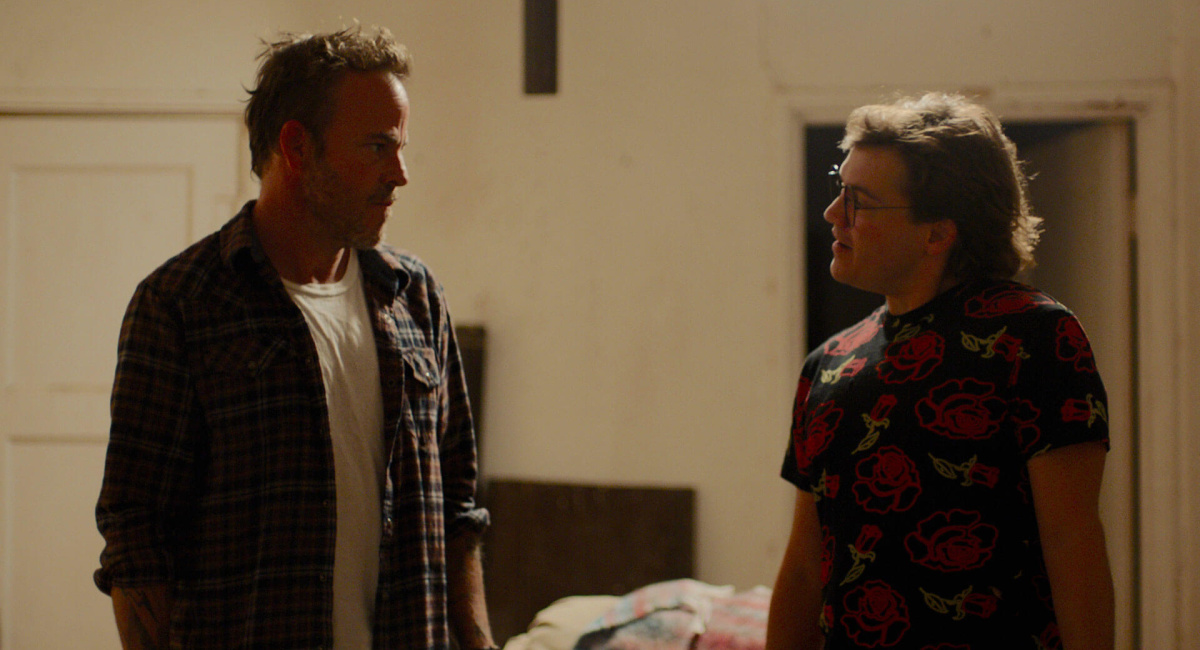
(L to R) Stephen Dorff and Emile Hirsch in 'The Price We Pay.'
MF: You first worked with Stephen Dorff over a decade ago on ‘The Motel Life.’ What was it like reuniting with him on this film?
EH: Yes, Stephen and I worked together on ‘The Motel Life,’ and we played brothers. We always got along great. He's such an incredible actor, he's such a passionate guy and he gives everything he has in every project. So, it was a pleasure to work with him on this, and Gigi Zumbado, Tanner Zagarino and Vernon Wells as well. We had a really great cast. But with Stephen, I think we've always had an affection for each other.
We've always kind of had that brotherly bond. I met Stephen at the premiere of ‘Old School,’ when I was shooting ‘The Girl Next Door,’ when I was 17 years old. We always liked each other. Here, it's different because we're kind of in adversarial roles. But I felt like the cat and mouse between Alex and Cody, I felt like it kind of works because the only reason why Alex doesn't just completely steamroll or shoot all the hostages, is because Cody, Stephen's character, is able to match wits with him.
Because he matches wits with him, that's what brings Alex down. That's what keeps Alex in control. Because Alex is a guy who, if you can come back and spit something at him, he'll sort of respect that in a weird way. Dorff was so good at that. I love the way he would spit out some of those lines. Some of the lines are really funny. He'd be like, "Unless you got yourself a bicycle." I'm like, "We're going to walk?" And he goes, "Affirmative. Unless you got yourself a bicycle." It's just like this military guy saying this sarcastic line. It's really funny.
MF: Did you enjoy working with actress Gigi Zumbado?
EH: She's so cool. She's so spirited, full of ideas and energy, and she was so excited to be a part of this wild movie that we had. I thought she was great. She really takes that third act into the stratosphere for me. Her and Tyler Sanders, the young man who played the Danny. He was a wonderful, and a very intense actor who it was a real pleasure to work with.
Gigi and Tyler, they really owned that third act space. There's a couple of sequences in it where, when I first saw the movie, my jaw was really on the floor. I was so proud of Ryûhei, and his editor was amazing. If you look at the barbed wire sequence, and I won't give anything away, it's one of the craziest sequences in any horror movie, ever. The way that it's edited and constructed with the machine, and the way it keeps cutting back to the machine, literally adding tension to the scene, it's really something that I hadn't seen before. It really spoke to the team that we had, because the sound design, the effects and the editing on that scene are masterful, and the cinematography as well.
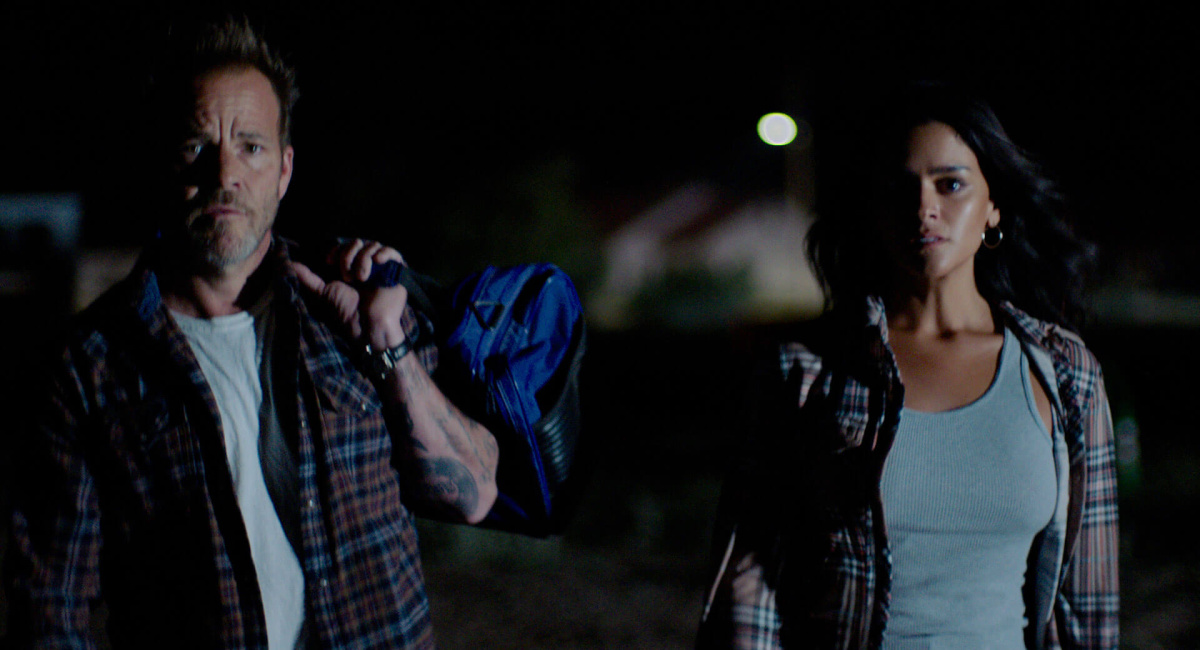
(L to R) Stephen Dorff and Gigi Zumbado in 'The Price We Pay.'
MF: Can you talk about the challenges of acting tortured on screen, and when you are making a movie as intense as this, what’s the vibe on set? Is it fun to play being tortured, or does it take a lot out of you emotionally?
EH: It’s fun in certain circumstances. Let's put it this way, when we're shooting the torture stuff, I'm on a gurney, I'm wearing a backless smock, and I've got prosthetics all over my face covering my eyes so I'm blind as a bat. Then, there's all these sharp medical instruments around me and we're shooting inside this darkened office building, and I can't see anything. It's cold, damp and weird, and that kind of stuff, that is still fun, believe it or not. It's still fun because it's just so out there. But it's a little bit nerve-wracking, especially when your vision's gone.
I asked a girl that was next to me, “You're on the crew, right?" She's like, "Yeah.” I was blind and I said, “Okay, don't leave my side under any circumstances.” She was like, "I will not leave your side under any circumstances." So, she would keep an eye on me as they were wheeling me around and I was being put in different nooks and crannies and this kind of maze like set. It was really intense with all the medical instruments, scalpels and saws, and being strapped down. Your imagination can go to a lot of places, and honestly, they're probably not even crazy enough for this movie.
MF: Finally, the last time we spoke you talked about working with Quinten Tarantino on ‘Once Upon a Time in Hollywood.’ As an actor, what are you looking for from a director on set, and what was it like working with Ryûhei Kitamura?
EH: In terms of looking for something out of a director, I'm very simple where I'm only looking for a good movie. That's it. I'm only looking for a good performance. However we get there doesn't matter because directors are so very different. So, the process on ‘The Price We Pay,’ we were developing and rewriting the script every single day up to shooting. On the weekends we would get together and be rewriting, reworking, retooling, getting approval, and everything like that. It's a day by day thing and that was something that Ryûhei was really into and embraced it. Then even on the set, we're constantly blocking, rewriting, and all that type of stuff. It was an extremely fluid process.
When you work with someone like Tarantino, for the most part, the writing is kind of word perfect. You're getting there. Tarantino a lot of times will re-block things in his mind visually, and then he will find something in a scene. But he also has the time to do that with those bigger budgets. There's not really any time constraints on Quentin. Whereas this film, we shot this movie in such a short amount of time, you can't even believe it really. It was 17 or 18 days. It might even have bene less, and the budget is way less. We just don't have that much time. So, to have that kind of fluidity with the director that I had with Ryûhei was great. He was insanely collaborative, fun and had a good sense of humor.
I'm a very glass half full actor when it comes to my director. I've worked with actors that find things sometimes that they don't like and they find them very easily. But I'm the kind of actor that I'll stick my head in the sand about something that they might not like, and then I'll find a bunch of things that I do like and I'll just capitalize on the things that I like with that director.
Part of it is just my natural personality, and I love making movies. I love being on set and working, and it's something I actually have a lot of fun doing. So because of that, the more different the directors are, the more different the situations are, even the budgets are and the speed, I find a way to like every part of that process, even getting tied down to the gurney in the dark. Surprisingly enough, it's still like, this is a cool new experience. All right, let's do it.
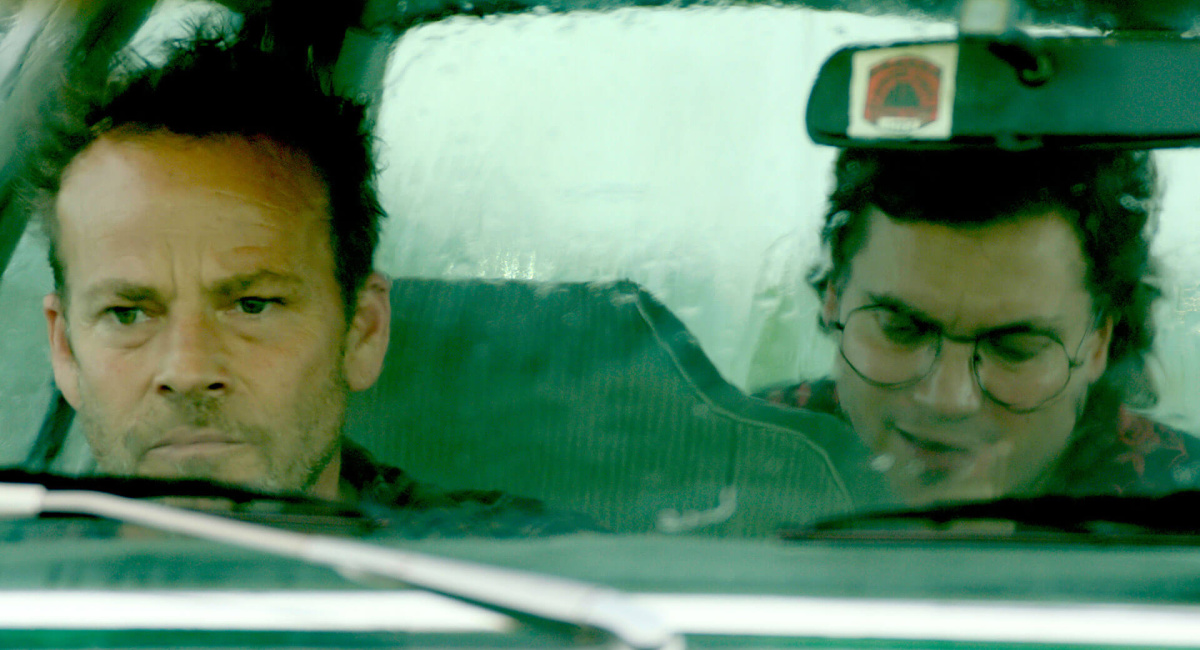
(L to R) Stephen Dorff and Emile Hirsch in 'The Price We Pay.'
